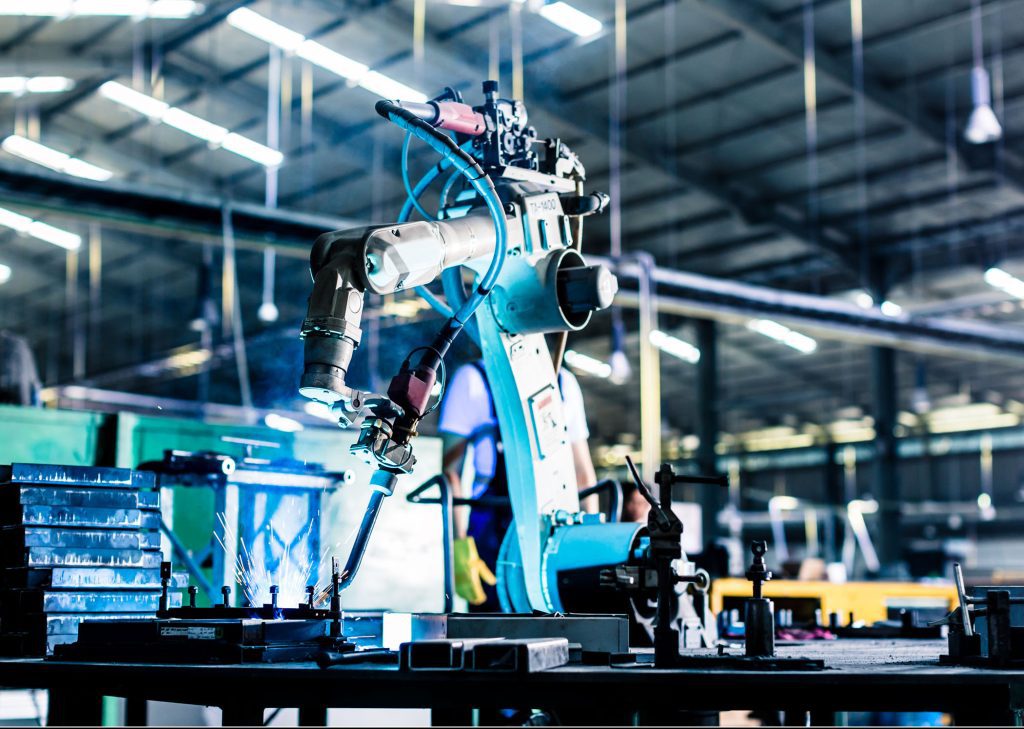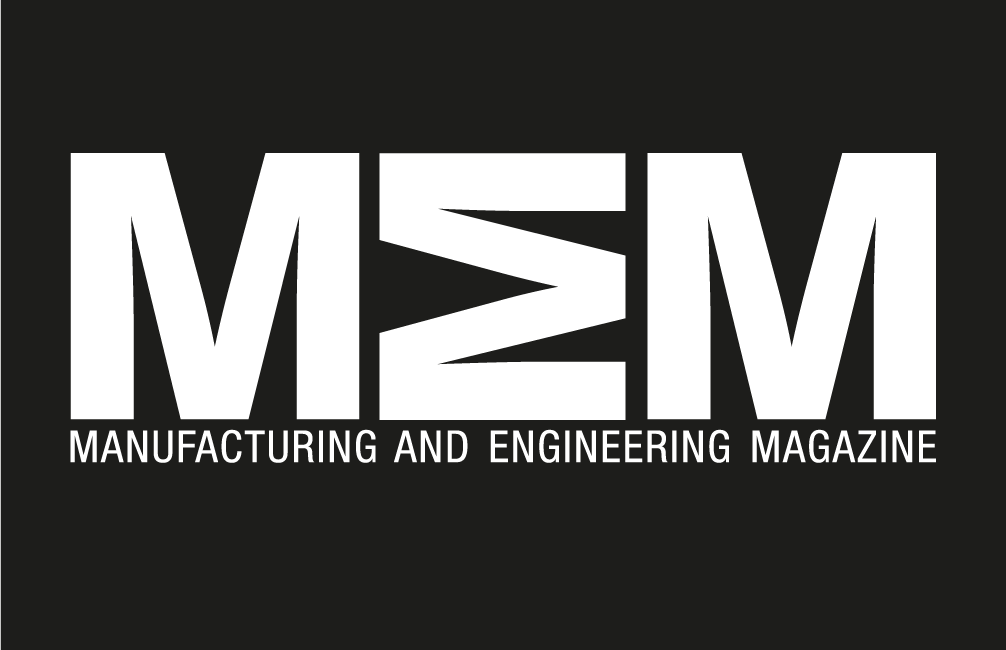Three Emerging Technologies to Transform Manufacturing in 2019

A new report by the World Economic Forum (WEF) has revealed the top ten emerging technologies that have the potential to positively disrupt our economy in 2019. Here Sophie Hand, UK country manager at automation parts supplier EU Automation, discusses the three of them that are most likely to impact the manufacturing sector. Every year new technological breakthroughs promise to transform society as we know it. However, to make the WEF top ten list, emerging technologies have to be much more than innovative — they have to positively disrupt the existing status quo, engage researchers and potential investors, and have the potential to grow significantly within five years. So, what new technologies in the manufacturing sector fulfil these characteristics? Bioplastics for a circular economy Plastics produced from corn, sugar cane and waste oils and fats are listed as the top emerging technology of 2019. Of all the plastic we generate, only about 15 per cent is recycled, while the rest is incinerated, thrown in landfills, or simply abandoned in the environment, where it can remain for centuries. The consequences of the presence of plastics in the oceans are devastating, and range from the destruction of fragile marine ecosystems, to health hazards when microplastics enter our bodies through the consumption of contaminated fish. Biodegradable plastics can help fight pollution, contributing to a circular economy in which plastics are made from and converted back into biomass. A circular economy of reuse, remake, recover can in fact represent a great alternative to the linear model of make, use, dispose traditionally used in manufacturing, helping to minimise waste without compromising on productivity and quality standards. Currently, what prevents a widespread use of bioplastics in manufacturing is their reduced mechanical strength. However, recent developments in producing plastics from cellulose and lignin could help overcome this barrier. Smart fertilisers One of the biggest challenges of contemporary society is that of feeding a growing global population. An answer could come from precision farming, a sustainable approach to agriculture that aims to optimise crop yield using IoT, automation and big data. One example of precision farming is the emergence of controlled-release fertilisers, small capsules filled with nutrients that can sense the acidity, temperature and moisture levels of the soil, releasing their content accordingly. Smart fertilisers allow farmers to overcome some of the shortcomings of traditional fertilisers, which are often harmful to the environment and are not absorbed efficiently by plants. The nutrients in smart fertilisers are better absorbed by crops, which means that farmers will have more yields with less product. Like traditional fertilisers, smart formulations contain ammonia, urea and potash, which can contribute to the formation of greenhouse gases and climate change. However, since less product is needed, their environmental impact is still less harmful than that of traditional solutions. The benefits of smart fertilisers can be increased when used in combination with an agricultural robot, or agribot, which is able to locate individual plants and advice on their nutritional needs. Advanced food tracking and packing About 600 million people a year suffer food poisoning, and since food travels a complex path from farm to table, locating the source of an outbreak can take several days. Meanwhile, more people can get sick, while massive amounts of unspoiled food are thrown away as a precaution. New technologies could help tackle this problem. Firstly, a blockchain-based cloud platform could improve traceability. Thanks to a decentralised accounting system, farmers, manufacturers and retailers can now record all of their transactions on a common blockchain, so that the entire history of a food product is available at a glance. Meanwhile, enhanced food packaging provided with smart sensors could help determine whether the food has been stored at the correct temperature or whether it has begun to spoil.



